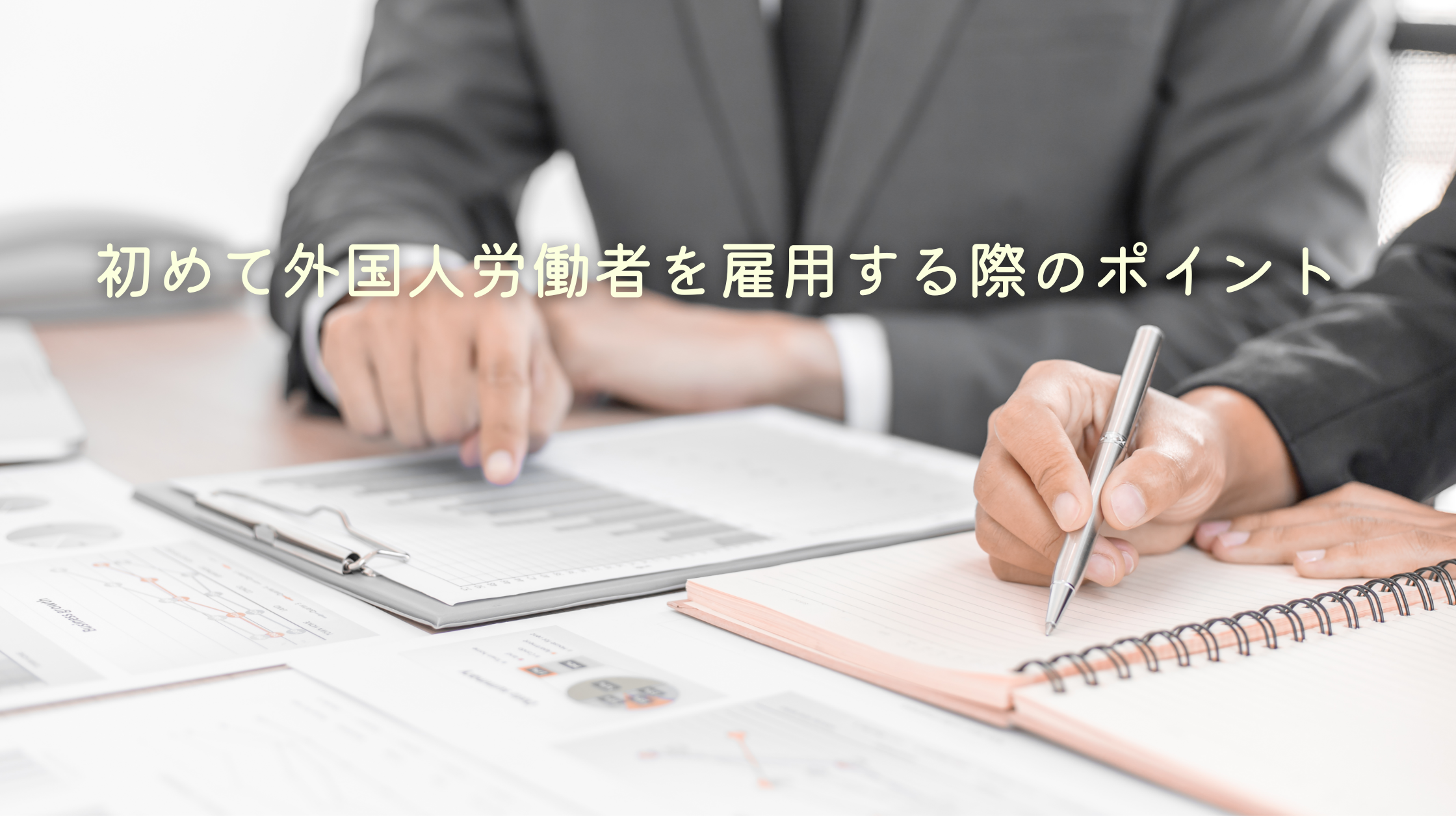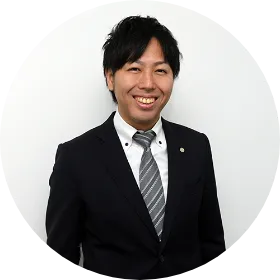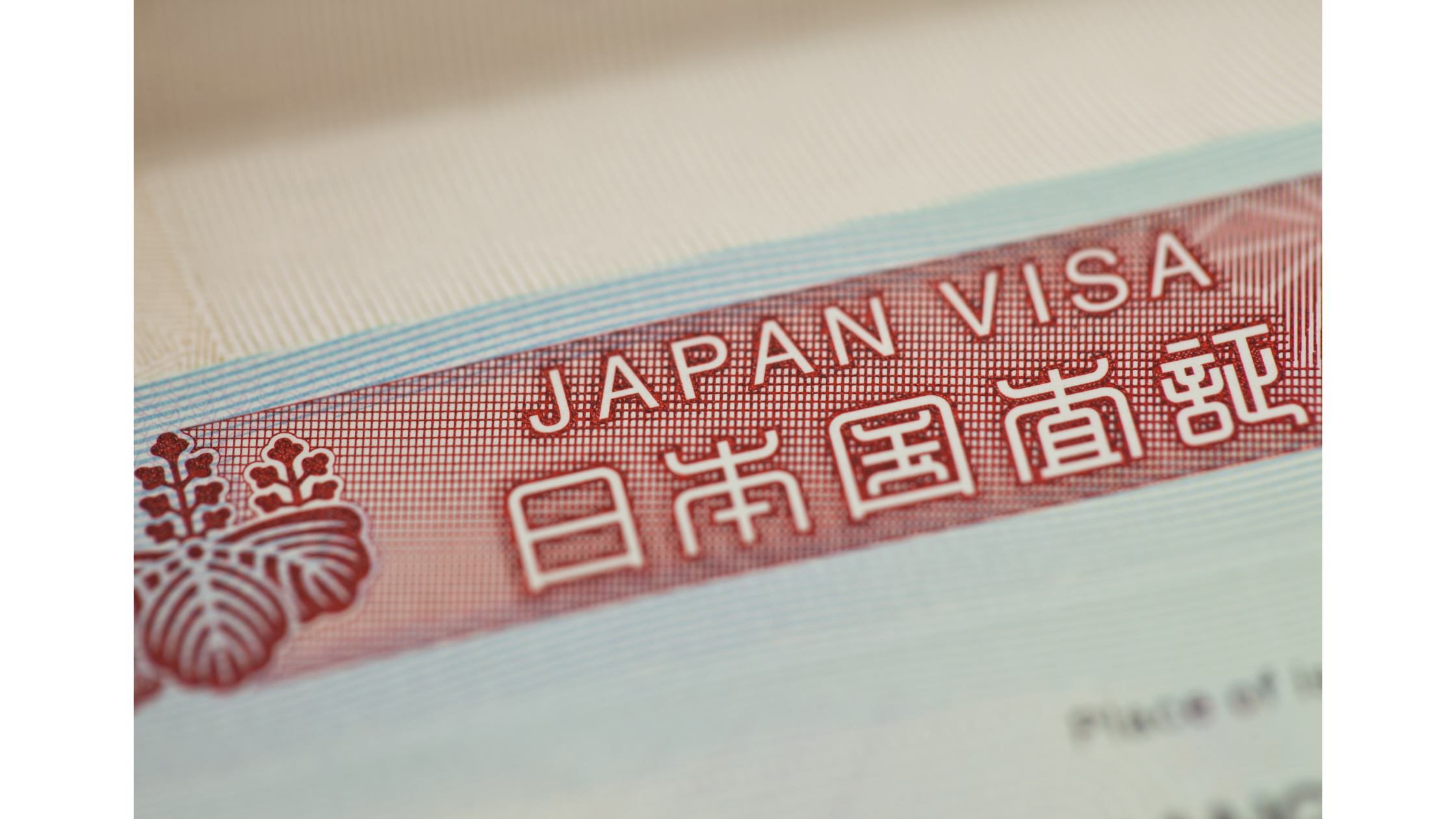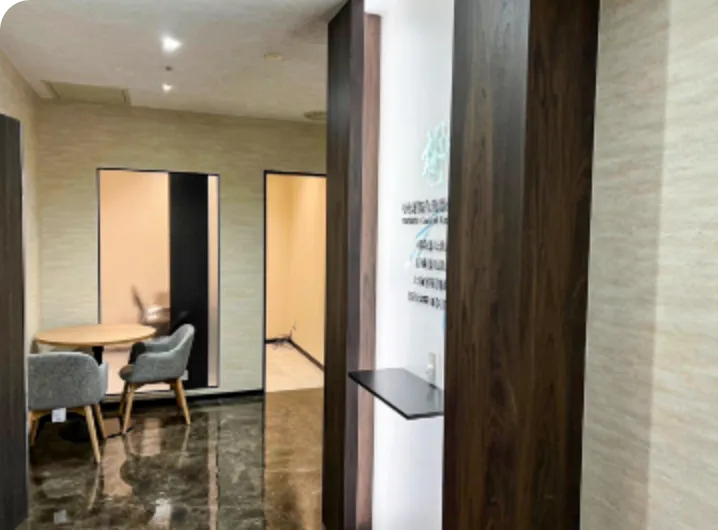Work Visa
Points to Consider When Hiring Foreign Workers for the First Time
- 2024.06.10

Many business owners and human resource managers may be considering hiring foreign workers. While there are many advantages to hiring foreign workers, there are also many points to be aware of. This time, we will explain key points of employing foreign workers, using “Engineering/Humanities/International Services,” a typical type of work visa, as an example.
Whether or not the work is allowed for foreigners
Before deciding to hire or recruit a foreign worker, you must first confirm “whether or not a work visa can be obtained for the position for which you wish to hire.”
For Japanese nationals, it is usually possible for them to engage in the kind of work required by the company as long as the job description is not antisocial or illegal, but this is not the case for foreigners working in Japan with a work visa.
For a foreign national to work in Japan, he/she must have the appropriate status of residence or visa to work in Japan, such as a working visa or a Specified Skilled Worker visa, unless he/she has a Permanent Residence visa or other visa with no work restrictions.
These visas have restrictions on living in Japan, the scope of activities, and the nature of one’s duties, depending on the type of visa.
Although we have mentioned “work visas” here, there are actually more than 10 types of work visas. The scope of work available differs depending on the type of visa, so we will explain the matter using the representative type of work visa, the “Engineering/Humanities/International Services” visa.
As the name suggests, there are three categories of visas:
- “Technical” category:
Work that requires technology or knowledge in the field of science, engineering, or other science-related fields.
(e.g., engineers, programmers, and other technicians in the mechanical and electrical fields)
- “Humanities” category:
Work that requires knowledge in a field by making use of what the applicant has learned in the Humanities, such as law, economics, sociology, etc.
(e.g., sales, accounting, marketing, etc.)
- “International Services” category:
Work that requires thinking and sensitivity based on the unique culture of a foreigner by utilizing language and international experience
(e.g., interpreter, translator, language teacher, etc.)
If you went to the trouble of finding an applicant and proceeded to the hiring/employment process, and even applied for a visa,
However, if it is then found that the applicant does not meet the visa requirements and the job offer is canceled,
Not only this would be a waste of time and effort, but can lead to labor disputes.
To avoid such a situation, it is essential to confirm in advance whether the main duties of the position you intend to hire fall within the above three categories.
In addition to the “Engineer/Humanities/International Services” visa, there are also the “Specified Skilled Worker” visa and the “Intra-company Transferee” visa as common employment-based visas.
Educational background
Many work visas require educational and work experience.
Academic background acceptable for “Technical/Humanities/International Services” visas are as follows
- Graduation from a domestic or foreign university, a Japanese vocational school, or an educational institution equivalent to or higher than a university.
- University graduates can be domestic or foreign.
- University graduates are not required to have a strictly related major and job description
- Graduation from a Japanese vocational school.
- Must be from a domestic (Japan) vocational school.
- [Vocational schools that do not receive special accreditation] Applicants’ majors and job descriptions must be related.
- [Vocational schools with special accreditation] The applicant’s major and the nature of work shall be judged in the same flexible manner as that of university graduates (according to the law revised on Feb. 29, 2024 (*)).
*Special accreditation means the approval by the Minister of Education, Culture, Sports, Science and Technology as stipulated in the implementation guidelines regarding the “Regulations Concerning Accreditation of Foreign Students Career Development Promotion Programs in Specialized Training Schools.
(https://www.mext.go.jp/a_menu/shougai/senshuu/1408451_00001.htm)
Please refer to our previous blog for the requirements regarding the relevance of the applicant’s major to the nature of his/her work.
Salary
Hiring foreigners can be a good solution to the shortage of workers.
On the other hand, previously, an increasing number of companies hired foreign workers at low prices in order to reduce labor costs, which became a social problem. Therefore, caution should be exercised if your main purpose of hiring foreign workers is to reduce labor costs.
It is stipulated that foreign workers should receive the same or higher remuneration as Japanese workers (equal pay for equal work) when they are assigned to similar positions as Japanese workers.
In addition, the Minimum Wage Law of course also applies to foreign workers.
If the foreign employee is not paid equal wages for equal work, or if the foreign employee is paid less than the minimum wage (a violation of the law to begin with), he/she will naturally not be granted a work visa, so please be careful.
<Minimum Wage>
Except for the Technical Intern Traning visa, the Minimum Wage Law also applies to foreign workers.
The minimum wage is usually expressed as an hourly rate, which must be divided by the number of hours worked during the month.
Minimum wages vary by region, so please check the Ministry of Health, Labor and Welfare page.
This minimum wage rule also applies even during the probationary period.
Do not employ a worker for less than the minimum wage just because he or she is in a probationary period.
<Equal Pay for Equal Work>
The principle of Equal Pay for Equal Work also applies to foreign workers.
However, since all jobs do not have the same duty, the question “What constitutes ‘equal work’?” might become an issue.
The key point is whether the difference in pay is “reasonable.”
If the difference in salary can be explained by the difference in job descriptions, rather than by subjective or abstract reasons such as career path, existence of specific skills, or whether the employee is a regular employee or not, then there is no problem.
For more information, please refer to the Guidelines of The Ministry of Health, Labor, and Welfare.
<(Reference): Average salary of foreign workers>
The following is the average monthly salary of foreign workers in 2023 by the type of residence status.
|
Status of Residence |
Wage (Thousands of Yen) |
YOY Change (%) |
Age |
Years of Service |
|---|---|---|---|---|
|
All Foreign Workers |
232.6 |
-6.4 |
33.0 |
3.2 |
|
Professional and technical fields (excluding Specified Skilled Workers) |
296.7 |
-1.0 |
31.8 |
3.0 |
|
Specified Skilled Workers |
198.0 |
-3.7 |
28.9 |
2.4 |
|
Status-based |
264.8 |
-5.7 |
44.7 |
5.7 |
|
Technical Intern Training |
181.7 |
2.2 |
26.2 |
1.7 |
|
Other (Designated Activities and Activity Other Than That Permitted under the Status of Residence Previously Granted for Students) |
231.3 |
4.7 |
30.8 |
2.5 |
(Summary of the 2023 Basic Survey on Wage Structure by Status of Residence: https://www.mhlw.go.jp/toukei/itiran/roudou/chingin/kouzou/z2023/index.html)
Summary
This time, we have explained key points when employing foreign nationals for the first time.
By employing foreigners, companies are expected to avoid labor shortages, discover scarce human resources, expand overseas, and increase profits in the growing foreign market in Japan.
As the Japanese government has been promoting in recent years, the number of foreigners living in Japan is expected to increase year by year.
However, it is important to keep these points in mind when hiring foreigners, as there are strict restrictions and various obligations for your company in terms of educational background, duties to be engaged in, and salary.
If you make a mistake, not only you would face financial issues, but there may also be legal complications.
We have extensive experience in work visa applications, and furthermore, in cooperation with judicial scriveners and affiliated tax accountants in our group, we are able to provide one-stop services tailored to your specific needs. Please feel free to contact us for further information.
We are Yanagi group, which have offices in Osaka (Abeno and Tennoji), and our affiliated offices in Tokyo (Shibuya and Ebisu) are also available for an on-site consultation. We have handled many applications for permanent residence permits, naturalization permits, work visas, college student visas, management visas, etc., as well as visa renewal procedures related to the status of residence with the Immigration Bureau (Immigration Bureau) as a one-stop service. Our experienced administrative scriveners are also available to help you with any problems you may have.
We also have staff members who can speak each of the native languages and can assist you in obtaining a visa.
※If you wish to be consulted in Nepali or Bengali, please inform us in advance via our website or social media, and the translator will contact you ahead of time.
Please feel free to contact us if you have any questions about your status of residence or visa, even if they are trivial.
Toll-free number: 0120-138-552
For English speakers: 080-9346-2991
For Chinese speakers: 090-8456-6196
Editor of this article

- Ryota Yanagimoto
- Administrative Scrivener/Judicial Scrivener
At the age of 24, he passed the national examinations for judicial scrivener, administrative scrivener, and wage service manager at the same time.
While working as a full-time lecturer at a major prep school, he independently opened a legal office related to judicial scriveners and administrative scriveners,
and he has experience as a judicial scrivener and an administrative scrivener for more than 15 years so far.
He has been actively contributing to various industries such as publicly listed companies, real estate companies, financial institutions, elderly care services, and professional organizations by conducting seminars, lectures, and talks.
And now he has a record of over 60 presentations so far.
Furthermore, as the president of a Japanese language school announced by the Ministry of Justice and Acts, and an advisor to a real estate company (capable of handling foreign clients),
he has been involved in various aspects of industries related to foreigners.
It is recommended to consult with experts when it comes to visas, naturalization, and residency matters.

Our office has specialized experts in visa and naturalization applications who are available to assist with free consultations (limited to the first session) and inquiries related to various visa applications and naturalization applications.
Additionally, we have foreign staff proficient in English, Chinese, and Korean languages with specialized knowledge, and they are present to provide support. They can accommodate consultations and inquiries in each language. Feel free to use our free consultation and inquiry services from here.

























 0120-138-552
0120-138-552 Free
Consultation
Free
Consultation Contact Us
Contact Us